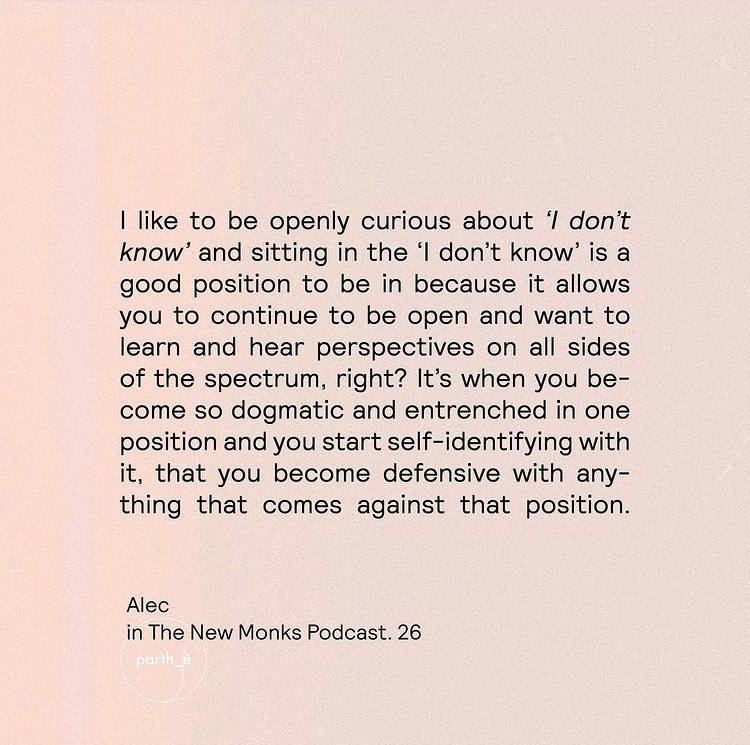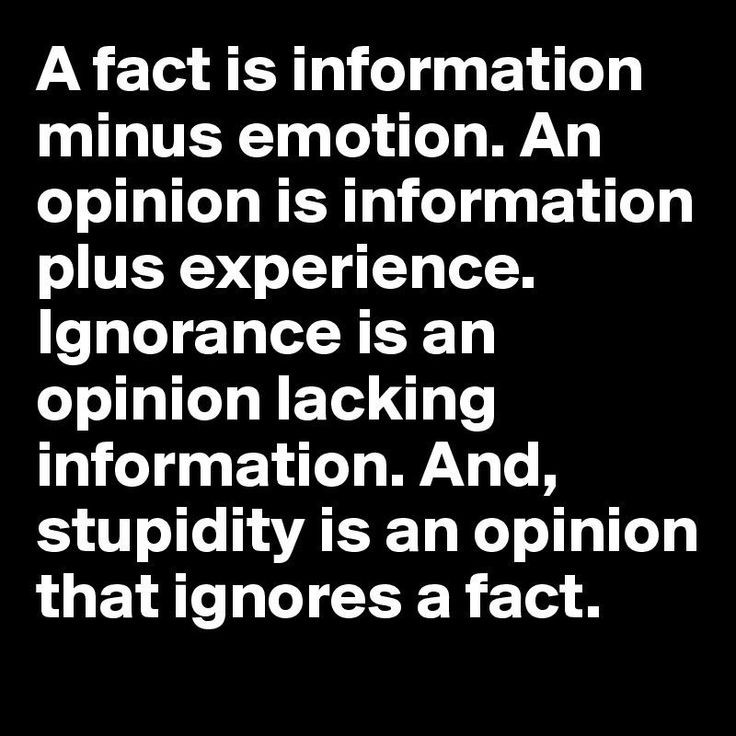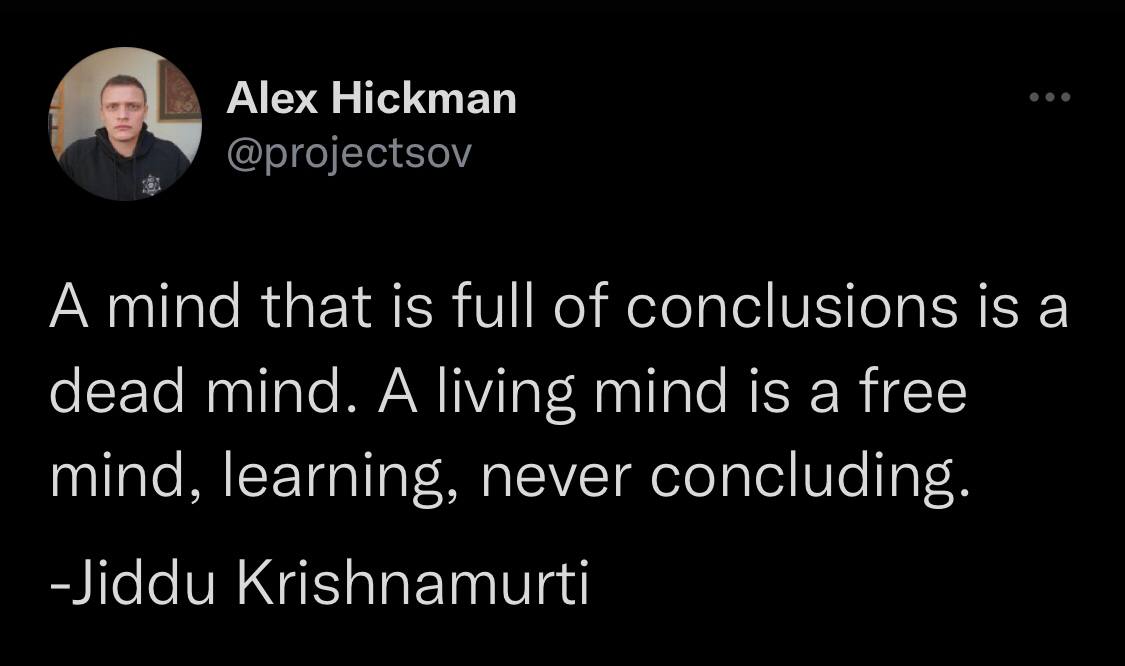In: life, truth, knowledge.
Backlinks: Conspiracy-theory.
Question everything
- Sceptic: What if we're totally wrong?
- Person: About what?
- Sceptic: About everything.
Skepticism can represent:
- a questioning attitude or doubt towards one or more instances of knowledge, which are asserted to be mere belief or dogma and superstition
- an attitude of doubt or a disposition to not believe, either in general or toward a particular object
- the doctrine that true knowledge, or knowledge in a particular area is uncertain
- skepticism as an expression of questioning or doubt can be applied to any topic, such as politics, religion, or science
Skepticism is the rejection of a knowledge that is not supported by solid evidence, or the denial that knowledge exists at all based on a questioning of reality itself.
A few common types of skepticism:
- philosophical skepticism
- rational skepticism
- professional skepticism
- scientific skepticism
- biased skepticism
- motivated skepticism
- strategic skepticism
- pessimism
- cynicism
Key terms: questioning certainty, demanding evidence and reasons, intellectual humility, "I don't know"
To believe is very dull. To doubt is intensely engrossing. To be on the alert is to live, to be lulled into security is to die.
-- Oscar Wilde
Gallery



Links
Scepticism as a way of life
The desire for certainty is often foolish and sometimes dangerous. Scepticism undermines it, both in oneself and in others
https://aeon.co/essays/scepticism-is-a-way-of-life-that-allows-democracy-to-flourish
Dictionary
Wiki
- https://curlie.org/Science/Science_in_Society/Skeptical_Inquiry
- https://simplicable.com/new/skepticism
- https://wikipedia.org/wiki/Critical_thinking
- https://wikipedia.org/wiki/Doubt
- https://wikipedia.org/wiki/Epoch%C3%A9
- https://wikipedia.org/wiki/Philosophical_skepticism
- https://wikipedia.org/wiki/Skeptical_movement
- https://wikipedia.org/wiki/Skepticism